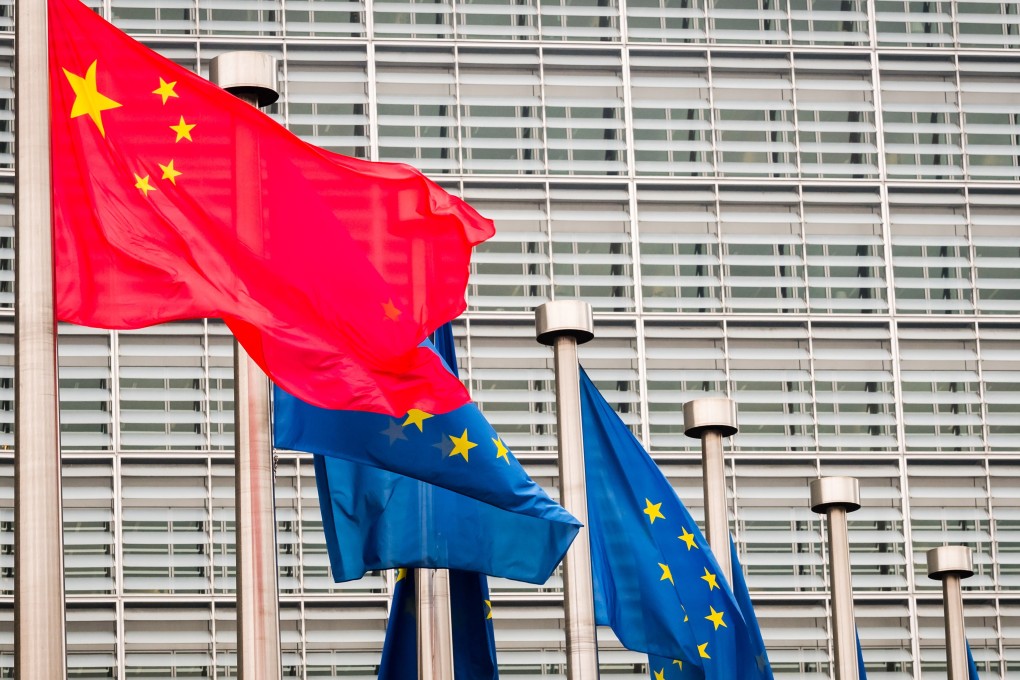Editorial | China and the EU must put aside differences
- The two sides have a compelling reason to try to work together – they need each other more than ever in a devastated post-pandemic global economy

China described recent high-level talks with Europe on post-pandemic economic recovery and cooperation as “deep, candid, pragmatic and effective”.
That is code for the two sides, under the chairmanship of Vice-Premier Liu He and European Commission executive vice-president Valdis Dombrovskis, having failed to agree on anything concrete. But both remain committed to negotiating an historical investment treaty. Talks are entering a critical stage. Hopes of finalising them by the end of the year, however, are slim.
There is nothing new in the European Union’s demands, except growing impatience with a perception that Beijing has still to deliver on some promises. They include more market access, better intellectual rights protection and fewer restrictions on doing business. The EU is also concerned whether China is using “divide and rule” negotiating tactics against the 27-member bloc.
In this regard, the United States accounts for a further complication, thanks to the unilateral policies and rhetoric of President Donald Trump. This has to a degree alienated the EU, and Germany in particular. Whether that will change within months if there is a new president after the coming election remains to be seen.
The main concern of Europe’s big two – Germany and France – is how the EU can remain an independent third bloc, not leaning towards either China or the US.
That would reflect a balance between ideological worries about China and the reality that economic recovery will hinge on a good relationship. The EU sees itself playing a balancing role between China and the US to safeguard multinationalism and a global trade system.
